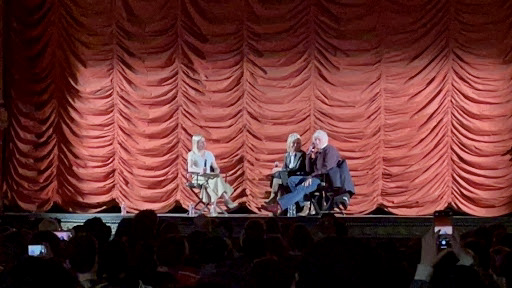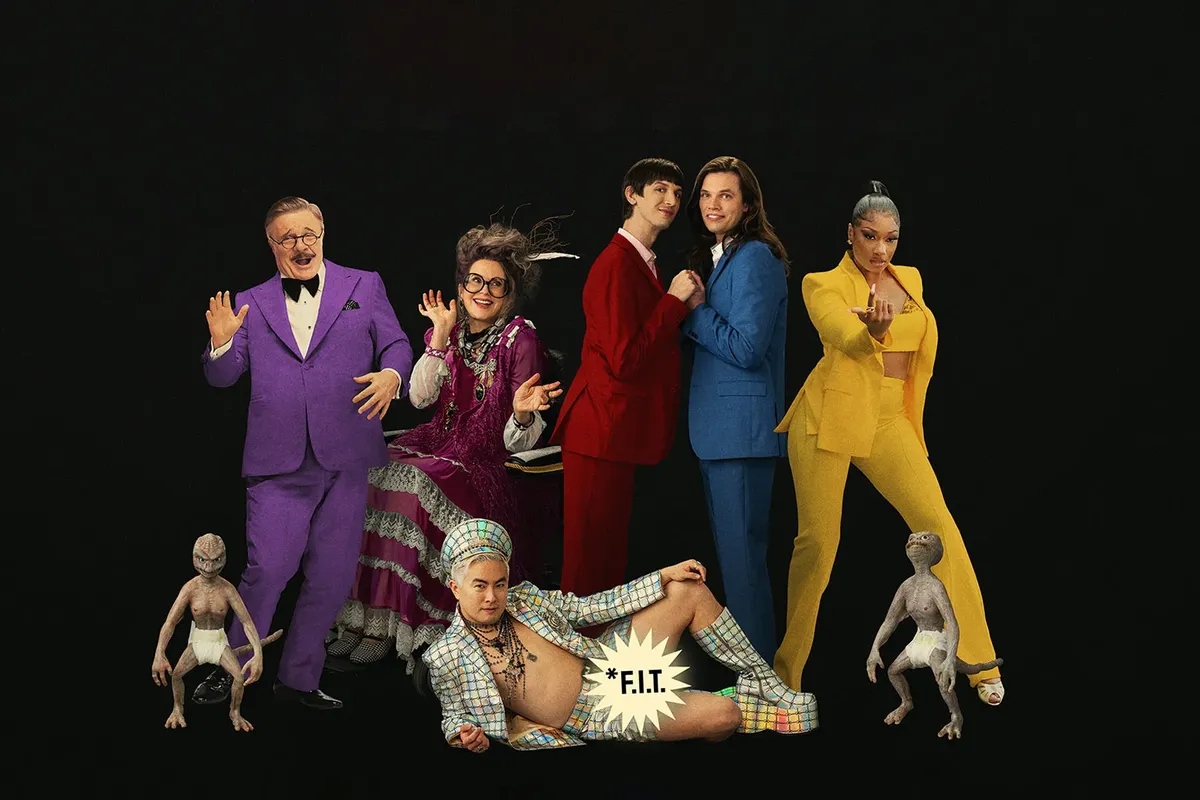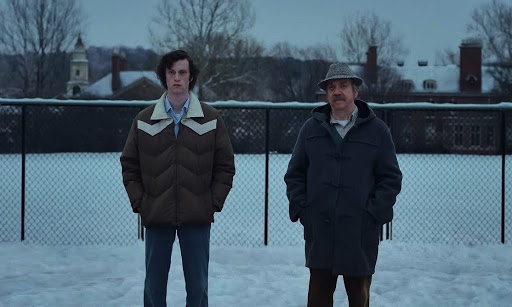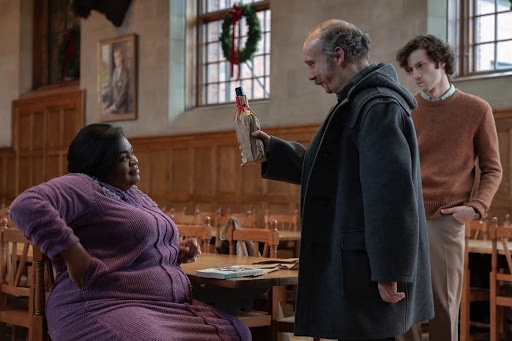In late January, grammy-nominated band Boygenius (officially spelled as boygenius) announced their debut album, which was recorded four years after the band formed and released their self-titled EP. Band members Phoebe Bridgers, Lucy Dacus and Julien Baker announced the new music together with three singles: “$20,” “Emily I’m Sorry” and “True Blue.”
During this same time, I was submitting my final college applications and deciding that I was going to move to Chicago to study comedy.
These two events mixed with Lucy Dacus’ incredible songwriting, my obsessive attachment to female musicians and a singular line about moving to Chicago, the song “True Blue” by Boygenius quickly became one of my favorite songs in the whole world. Thus, I would like to publicly document my all consuming affection for this 4 minute and 56 second track.
There are two main elements of this song that I think make it so good; specificity and a focus on platonic love.
Specificity
Something I love in songwriting is telling the exact truth. I think songs are made so much more meaningful when they are specific, rather than being purposefully vague in the name of relatability. I personally find it much more impactful to hear raw personal experience and find emotion within it to relate to, than just hearing a feeling described. It’s like in elementary school when you learn narrative writing; I want to be shown, not told, how you’re feeling.
“Now you’re moving in, breaking a sweat on your upper lip / And getting pissed about humanity and the leaky faucet / You already hurt my feelings three times / In the way only you could.” This is specific to Lucy’s lived experience, but that doesn’t make it any less universal. Moving in is something that’s understood to be laborious and stressful, found to be a situation where tensions get high. That’s a widely understood truth, just look at the “PIVOT” scene in Friends; Ross yelling at Rachel and Chandler, his best friends, to find a way to make the couch fit up the stairs, is the epitome of escalating stress and anxiety over something little. So, when she goes on to talk about this person hurting her feelings we understand the emotion. We understand that it wasn’t a terrible offense but rather, it was probably some off handed comments that came up in the heat of the moment.
As a listener, hearing the situation and putting ourselves within the scene she’s describing we are able to feel the emotion, and relate it to ourselves in a much deeper way than if she just said “Tensions were high and you said things that hurt my feelings.”
One of the main reasons this song is so special to me is the fact that she name-drops Chicago. While she could have just said “moved to the city” and in theory made the same point, the specificity makes it feel more honest. More vulnerable. I know for myself — and I assume many others — vulnerability is going to draw more people in than if you keep yourself distant from your work. I think that’s true of any art form.
Platonic Love
This is something that Lucy Dacus specifically, in both her work with boygenius and her solo discography, communicates better than any artist I’ve heard. Maybe it has some sort of link to growing up queer, or in a body that is not seen as “conventionally attractive” (two things Dacus also writes about in a way that melts my heart) that makes me more drawn to platonic devotion than romantic, but regardless it is something I value above everything else.
The chorus: “But it feels good to be known so well / I can’t hide from you like I hide from myself / I remember who I am when I’m with you / Your love is tough, your love is tried and true blue.” This line specifically conveys such a strong connection and emotion. When I hear this I think of my best friend, and I think of my little sister. I think of sitting in comfortable silence with them, not having to worry about keeping them entertained with conversation. I think about not being afraid to gush about how much I love a Taylor Swift song, or asking them to dress up in costumes when we see our favorite artist in concert. There is a certain longevity in the connection of friendship that isn’t present in romance. Even if I’m in Chicago and they are back home, or we have a blowout fight and don’t speak for weeks, they are always there. They know you so deeply that no matter how much time or distance divides you, they are gonna see through any act or fib you try to pull on them. Their love is tried. Their love is true. It’s TRUE BLUE.
When this song came out, I listened to it only hoping my life would be exactly like it. I’d be living in Chicago, happily discovering myself without losing the connections with the people I hold near and dear. Now that I’m here, I listen to it when I am feeling down, or homesick, or questioning why I went so far away from home. I use it to remind myself I have to “spin out” in order to get to the “calling from the train water freezing in my eyes.” Despite the fact that I am overly dramatic, obsessed with sountracking my life, and the fact that I’ve only been here 10 weeks, I feel pretty confident that I was right to take this song as a sign, and am excited to grow into the truest, bluest version of myself.
Thank you “True Blue.” I love you.












